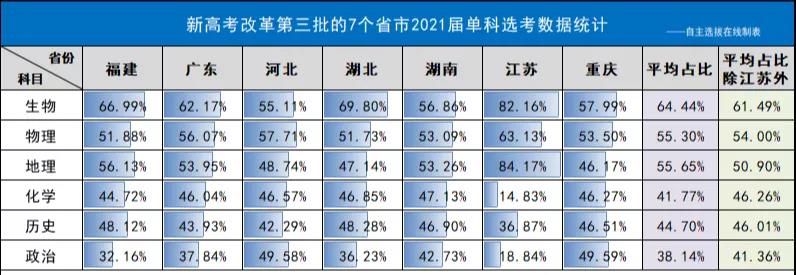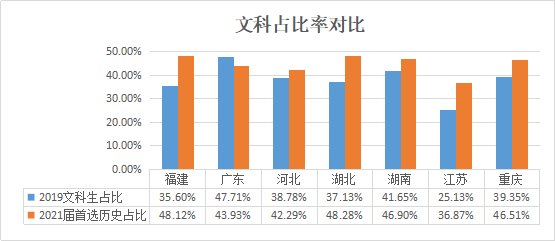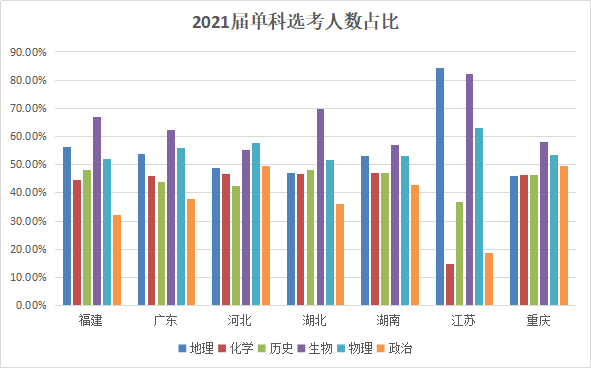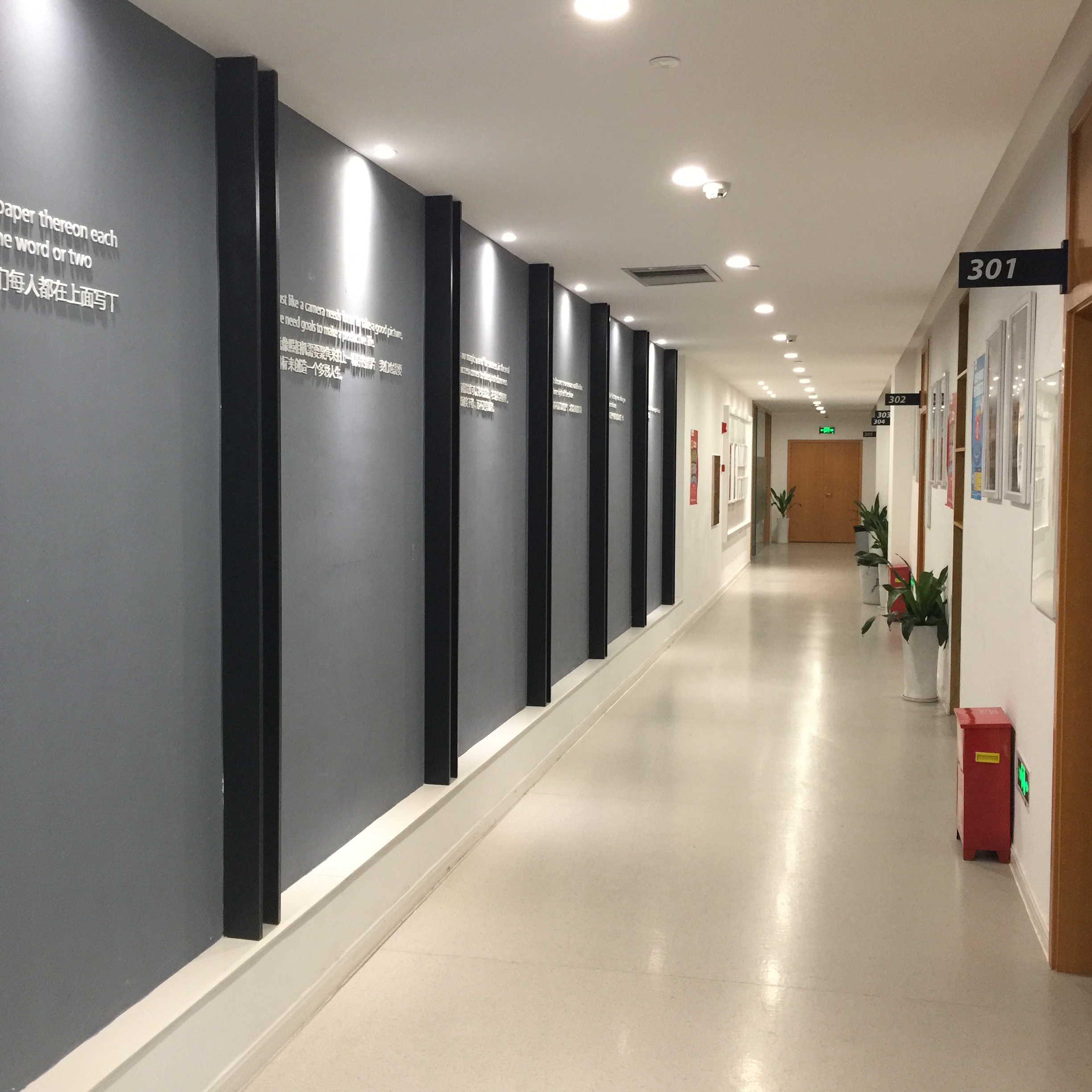导读:不少同学在大学之后开始准备考英语四级,在英语四级的准备过程中,大家不仅要牢记单词,同时也要多做一些往年的真题,不断提高自己对试题的敏感度和做题的速度,长沙新东方为同学们准备了2018年6月英语试题的阅读理解真题,帮助同学们理解四级相关的考试内容,提早做好针对性训练。预祝所有同学都能够顺利通过四级考试!
Losing your ability to think and remember is pretty scary. We know the risk
of dementia (痴呆) increases with age. But if you have memory slips, you probably
needn’t worry. There are pretty clear differences between signs of dementia and
age-related memory loss.
After age 50, it’s quite common to have trouble remembering the names of
people, places and thing quickly, says Dr. Kirk Daffner of Brigham and Woman’s
Hospital in Boston.
The brain ages just like the rest of the body. Certain parts shrink,
especially areas in the brain that are important to learning, memory and
planning. Changes in brain cells can affect communication between different
regions of the brain. And blood flow can be reduced as blood vessels narrow.
Forgetting the name of an actor in a favorite movie, for example, is
nothing to worry about. But if you forget the plot of the movie or don’t
remember even seeing it, that’s far more concerning, Daffner says.
When you forget entire experiences, he says, that’s “a red flag that
something more serious may be involved.” Forgetting how to operate a familiar
object like a microwave oven, or forgetting how to drive to the house of a
friend you’ve visited many times before can also be signs of something going
wrong.
But even then, Daffner says, people shouldn’t panic. There are many things
that can cause confusion and memory loss, including health problems like
temporary stoppage of ……
Defense against memory loss is to try to prevent it by building up your
brain’s cognitive (认知的) reserve, Daffner says.
“Read books, go to movies, take on new hobbies or activities that force one
to think in novel ways,” he says. In other words, keep your brain busy and
working. And also get physically active, because exercise is a known brain
booster.
46. Why does the author say that one needn’t be concerned about memory
slips?
A) Not all of them are symptoms of dementia.
B) They occur only among certain groups of people.
C) Not all of them are related to one’s age.
D) They are quite common among fifty-year-olds.
47. What happens as we become aged according to the passage?
A) Our interaction skills deteriorate.
B) Some parts of our brain stop functioning.
C) Communication within our brain weakens.
D) Our whole brain starts shrinking.
48. Which memory-related symptom should people take seriously?
A) Totally forgetting how to do one’s daily routines.
B) Inability to recall details of one’s life experiences.
C) Failure to remember the names of movies or actors.
D) Occasionally confusing the addresses of one’s friends.
49. What should people do when signs of serious memory loss show up?
A) Check the brain’s cognitive reserve. C) Turn to a professional for
assistance.
B) Stop medications affecting memory. D) Exercise to improve their
well-being.
50. What is Dr Daffner’s advice for combating memory loss?
A) Having regular physical and mental checkups.
B) Taking medicine that helps boost one’s brain.
C) Engaging in known memory repair activities.
D) Staying active both physically and mentally.
答案解析请翻页





















 京公网安备11010802021790号
京公网安备11010802021790号









 学习资料
学习资料
